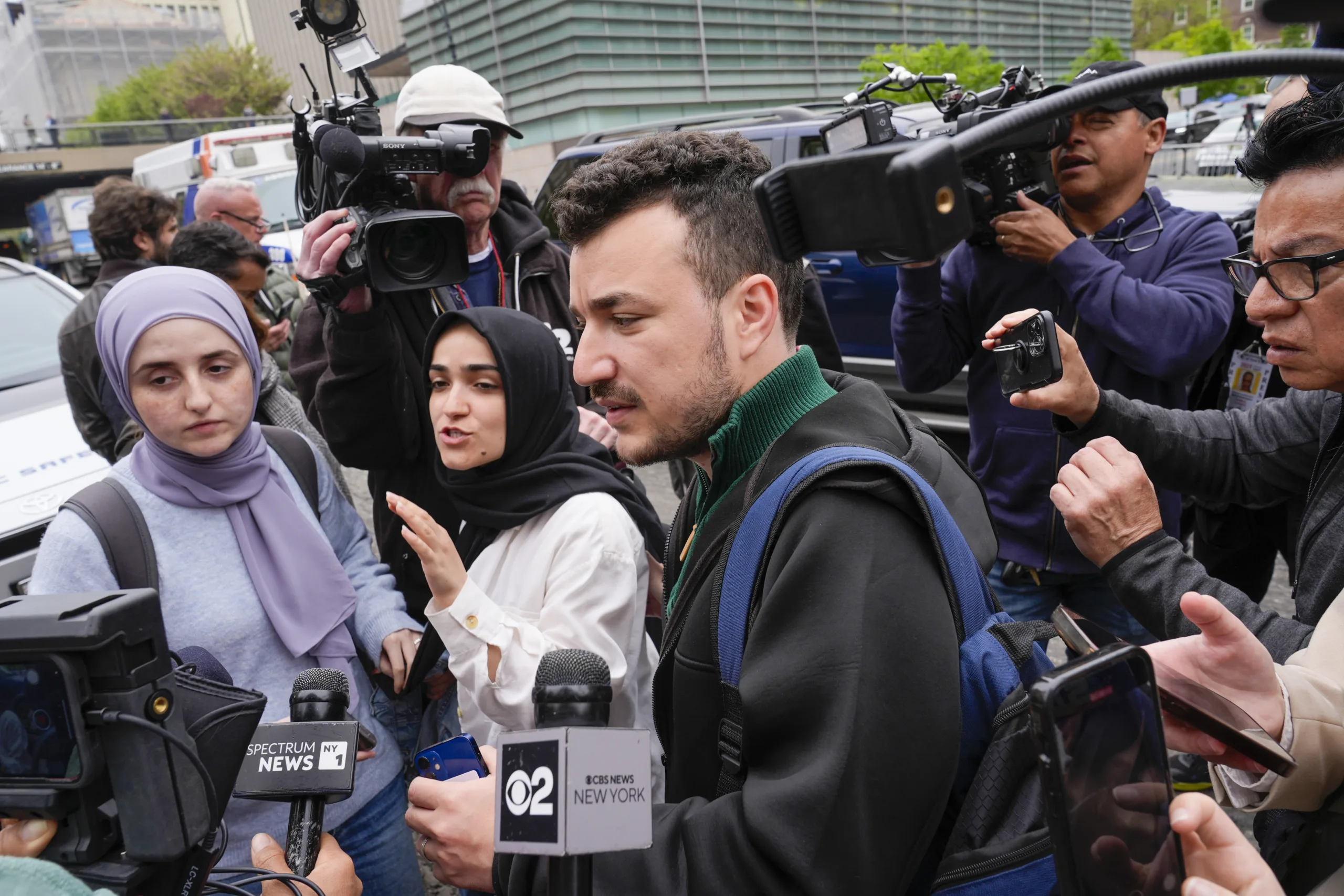
More in Criminalization
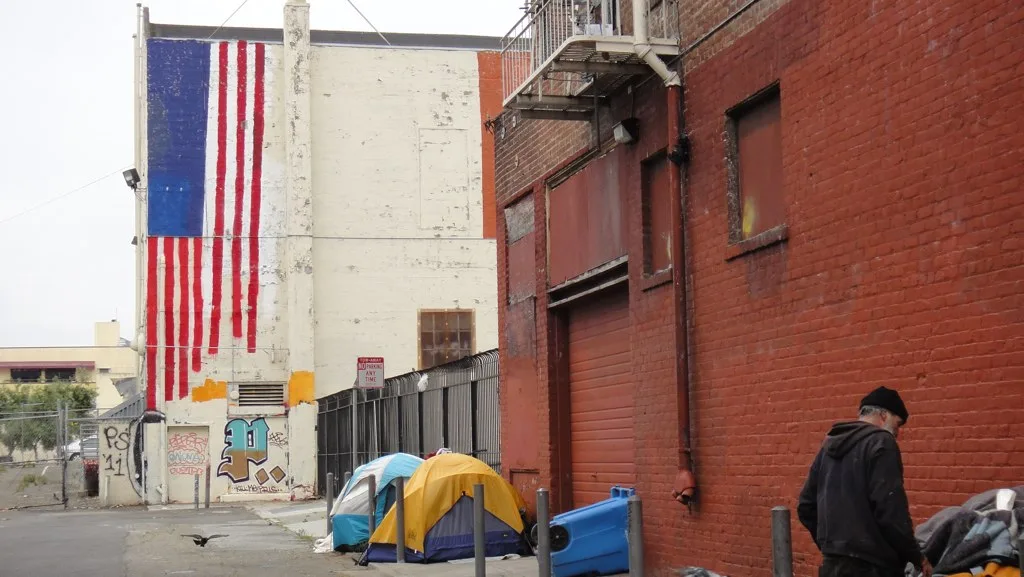
Cities Rush to Criminalize Homelessness After Supreme Court Ruling
In the two months since the court’s decision in Grants Pass, an analysis by The Appeal finds that dozens of municipalities have passed or proposed new camping bans that levy the possibility of fines, tickets, or jail time against unhoused residents. More are sure to follow.
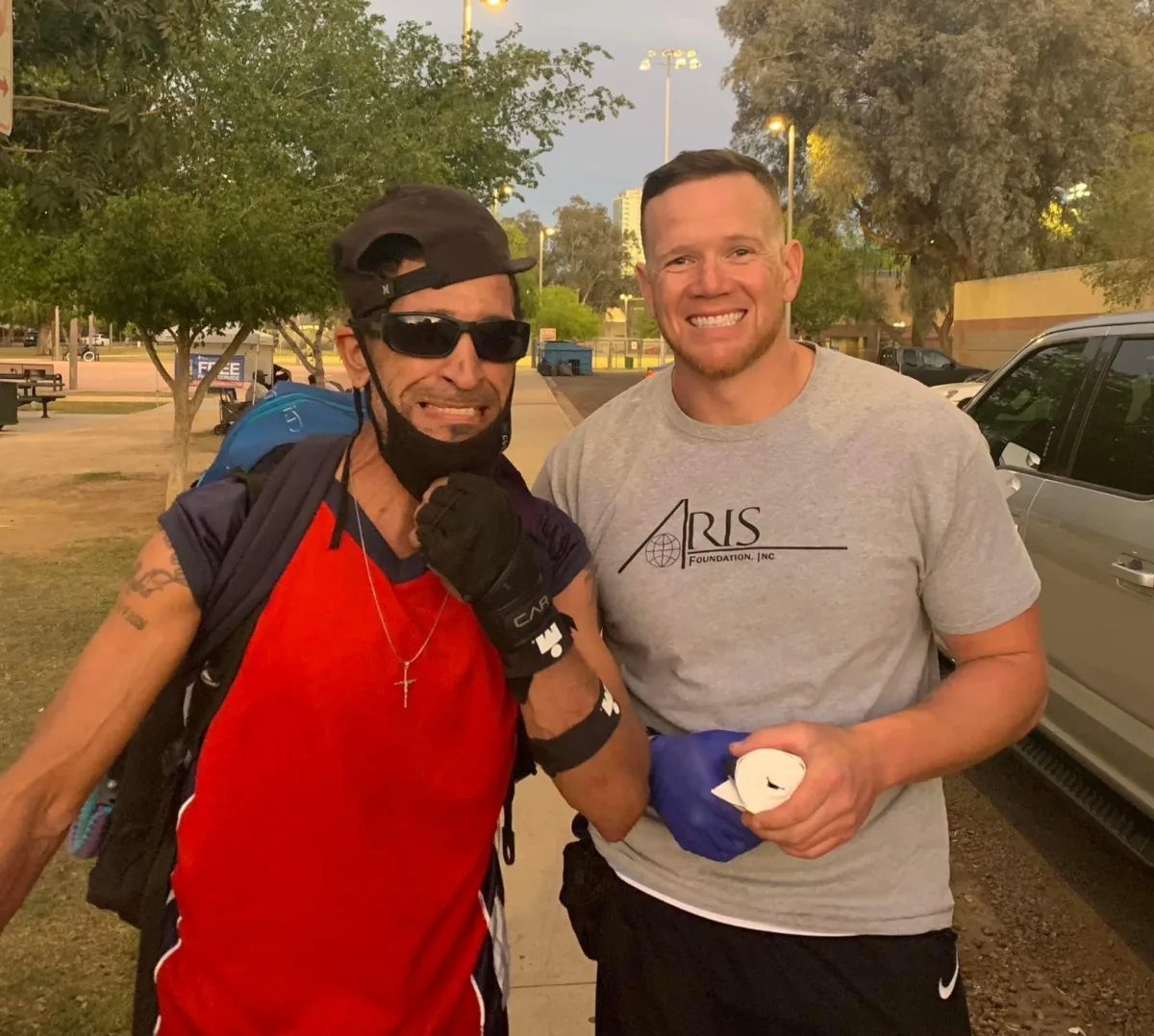
Unhoused People are Being Killed at Alarming Rates
At least 88 unhoused people were killed in Maricopa County, Arizona, between 2021 and 2023. Experts say the deaths are a microcosm of a worrying national trend.
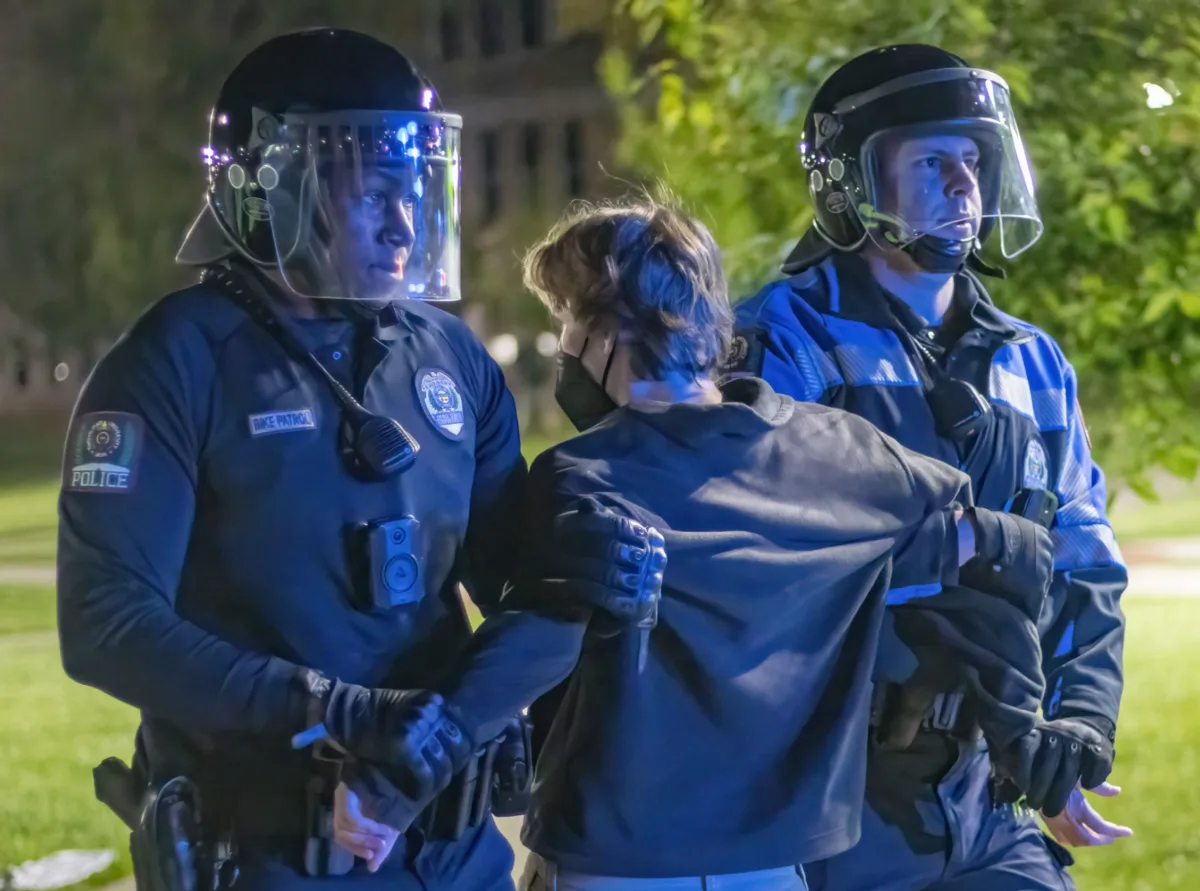
We Tracked 3,200 Pro-Palestinian Campus Arrests. Here’s How Prosecutors Are Responding.
The Appeal contacted more than 120 prosecutors and city attorneys to ask if they’ll file criminal cases against campus demonstrators. So far, only four expressed apprehension at doing so.

How Corporations Enable Property Crime—And Use it to Fuel a Self-Serving Panic
Upon closer examination, many of the most widely covered property crime phenomena can be better understood as the predictable result of a callous corporate push for profits.
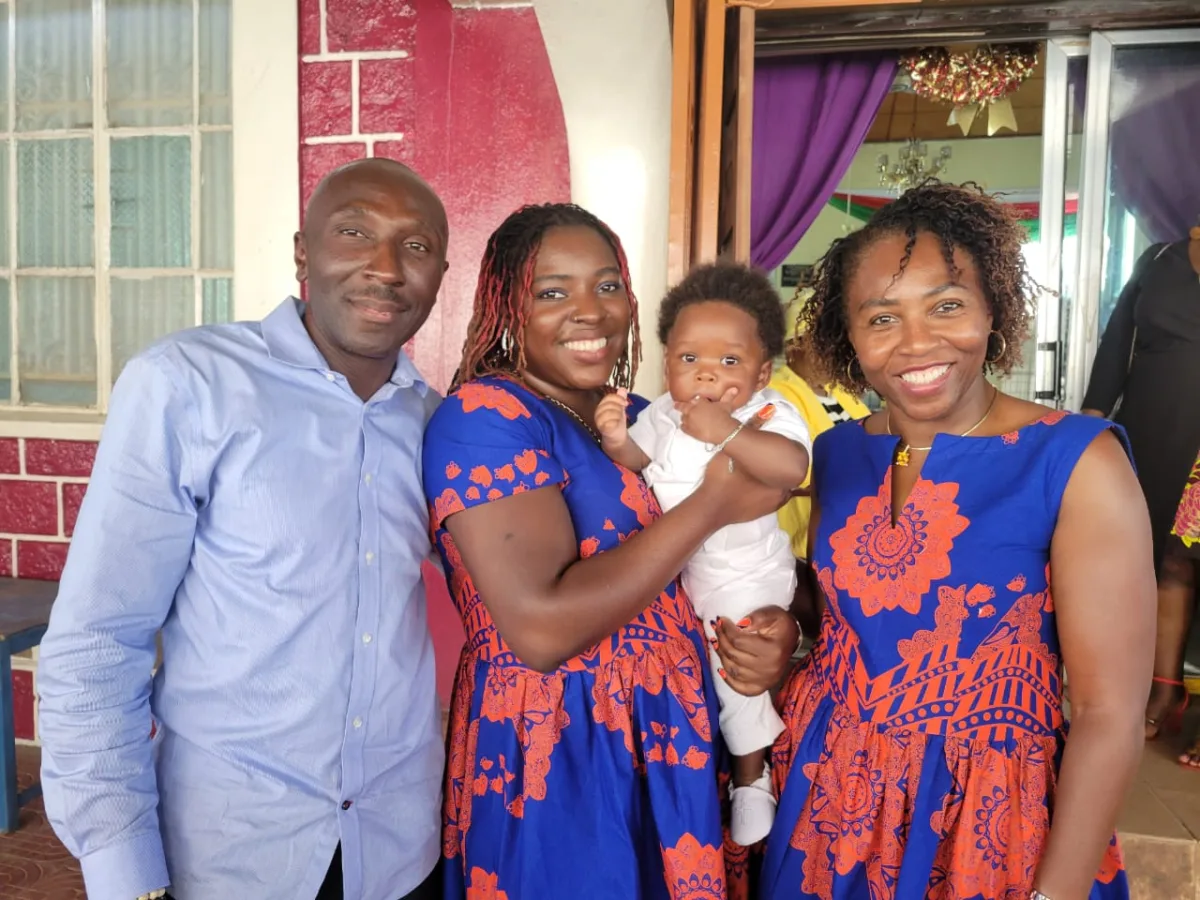
He Rebuilt His Life After Prison. Then He Was Deported for a 23-Year-Old Drug Conviction.
Samuel Anthony moved away from Sierra Leone at six years old. That didn’t stop the U.S. from deporting him to a country where he doesn’t know anyone and doesn’t speak the most common language.
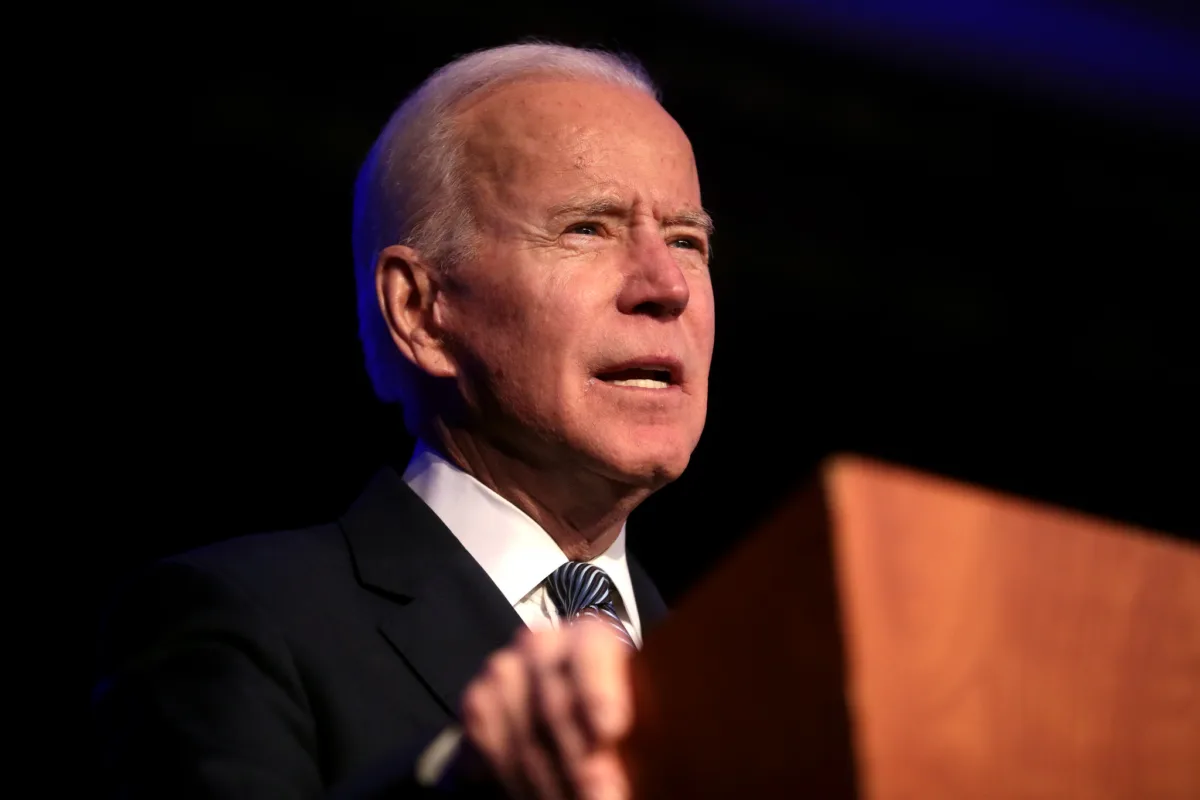
Biden’s Cannabis Pardons Made Progress. A Federal Expungement Statute Would Go Further.
President Biden has pardoned thousands of people for cannabis-related offenses. But to truly give people “second chances,” he should push Congress to erase peoples’ marijuana-related criminal records entirely.
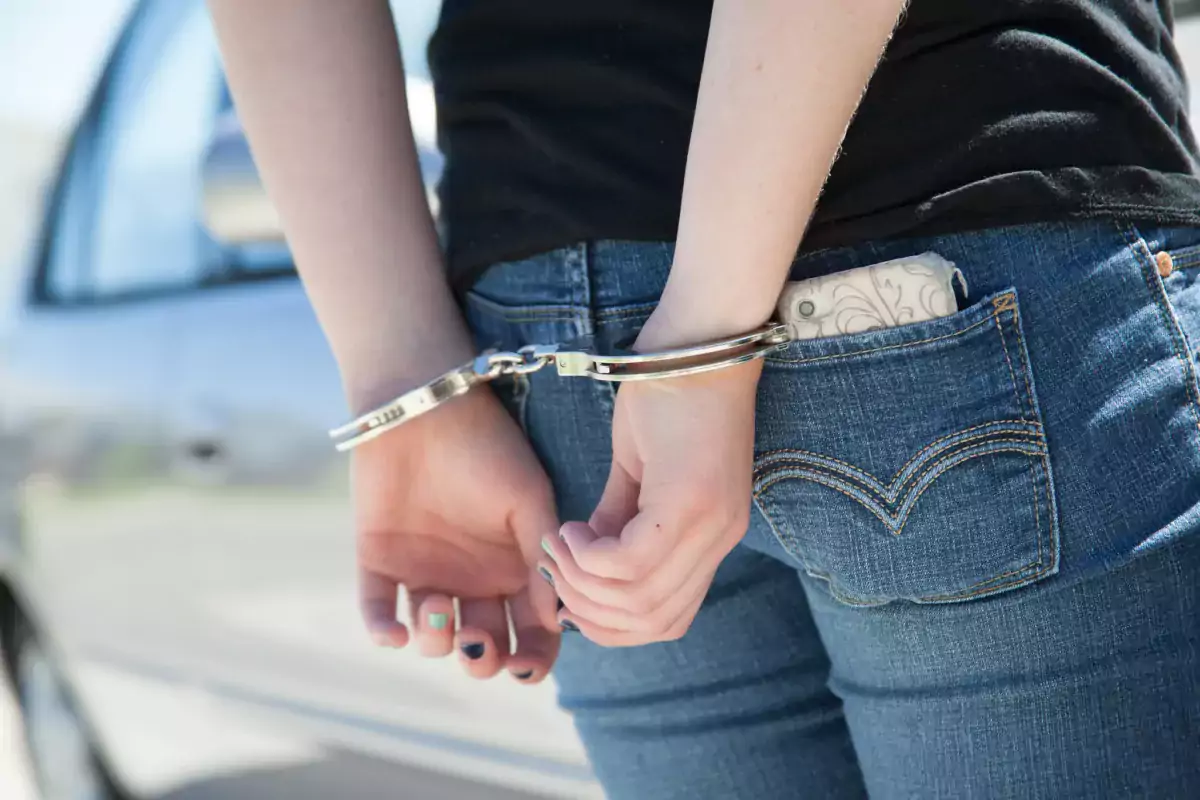
This Is How We Help
A former youth social worker reckons with her involvement in an institution that often does irreparable harm to the children it is supposed to help.
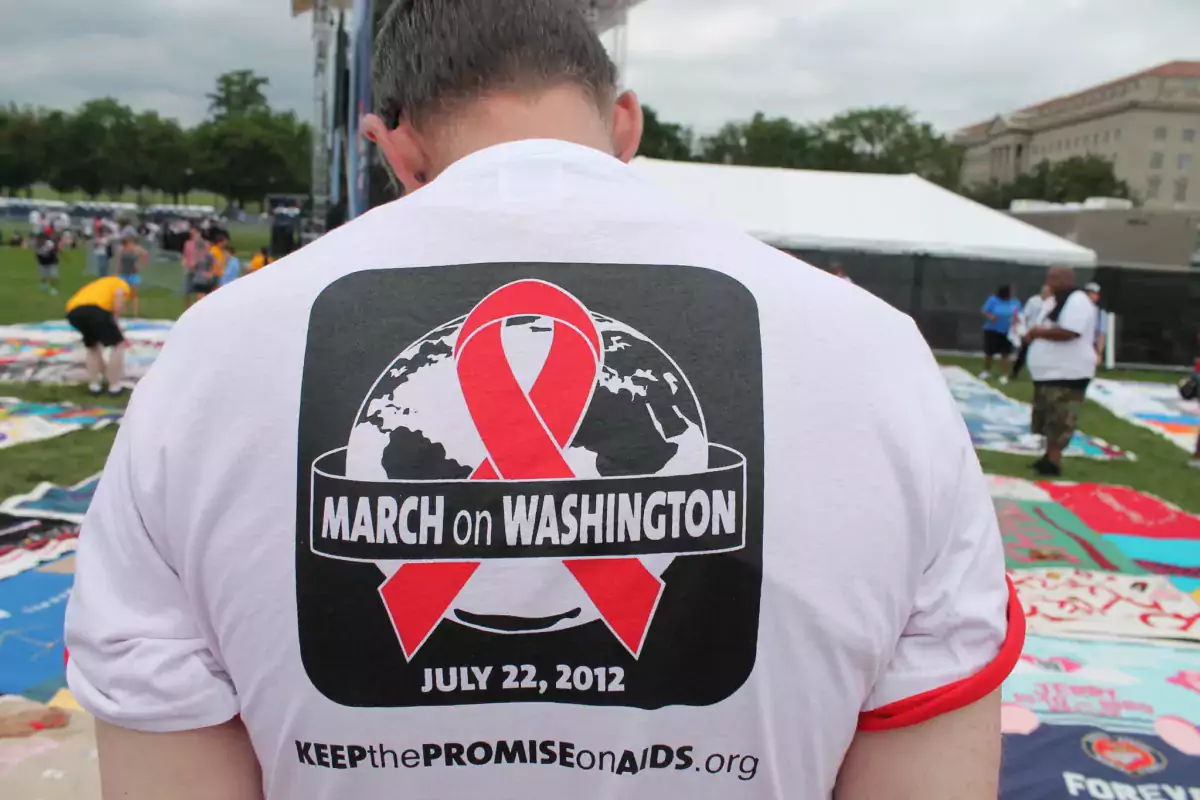
Activists Welcome DOJ Crackdown on HIV Criminalization Laws
Late last year, the U.S. Department of Justice warned the state of Tennessee that its “aggravated prostitution” statute—which makes it a felony to engage in sex work while HIV positive—violates the Americans with Disabilities Act. Activists hope the measure shows how the government can use the ADA to fight ableism around the nation.
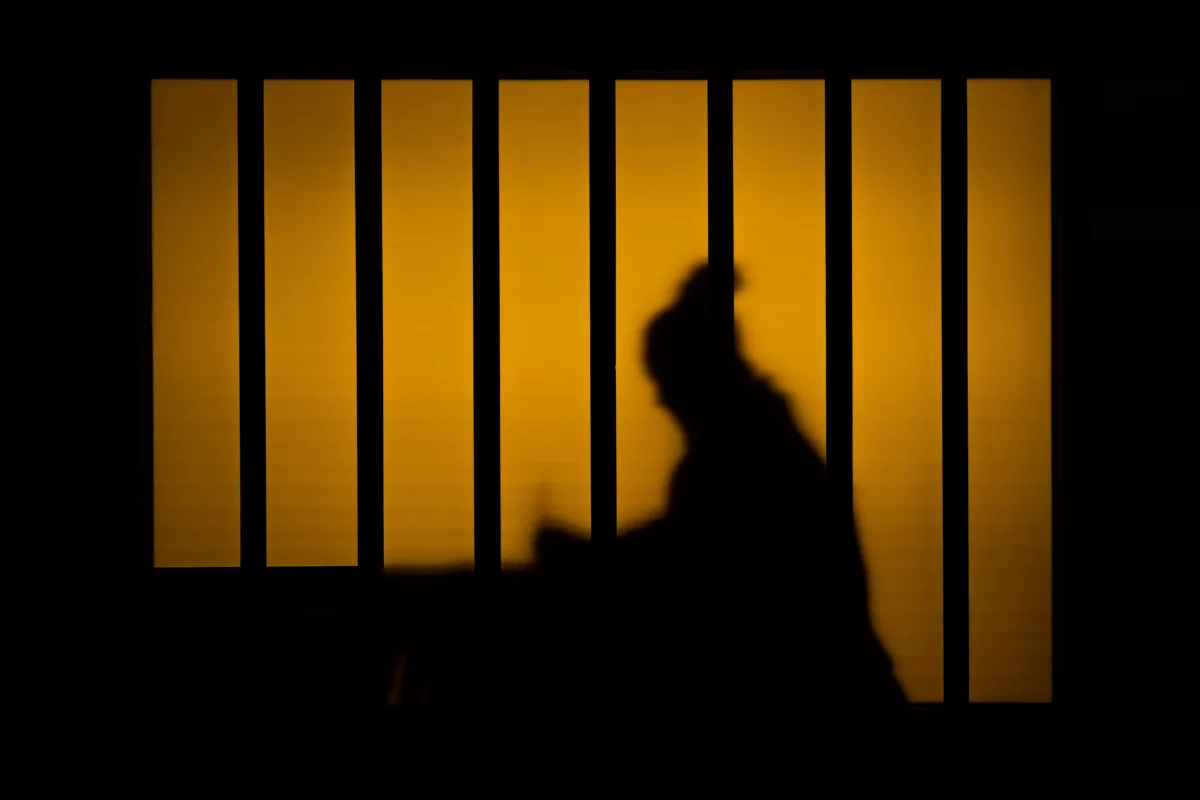
Criminalizing Abortion Makes Cases Like Nebraska Teen’s More Common, Experts Warn
A judge sentenced 17-year-old Celeste Burgess to 90 days in jail after she ended her pregnancy at 29 weeks. Further criminalization of abortion and dwindling reproductive healthcare options will only make cases like these more common, experts say.

Pregnancy-Related Arrests Spiked During Last 16 Years, Report Finds
Legal experts who spoke with The Appeal warned the criminal justice system will continue to target pregnant people in the coming years.
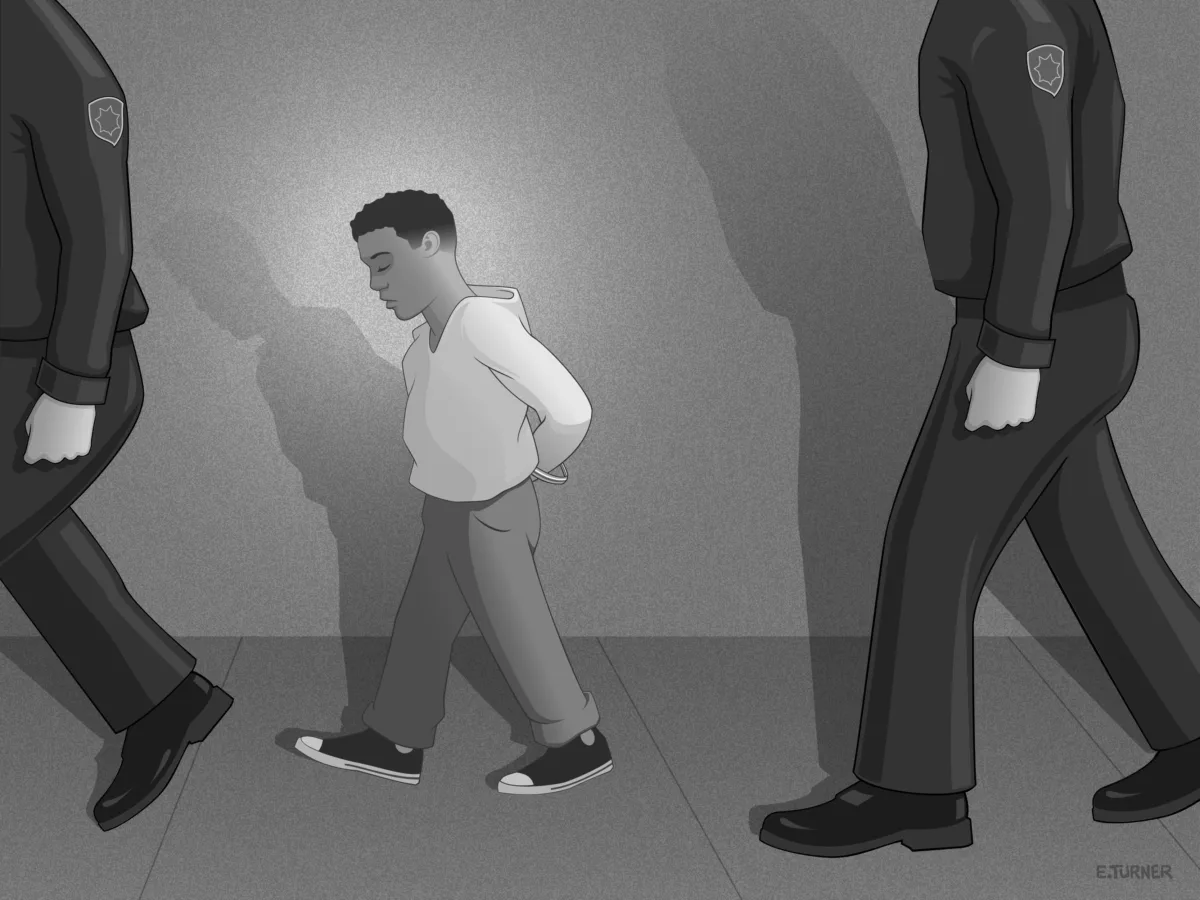
Advocates Fight Florida Law Used to Detain Thousands of Kids in Crisis
A law originally set up to provide humane treatment to mentally ill people in crisis has became a terrifying dragnet for kids, with Black children under 10 greatly overrepresented.
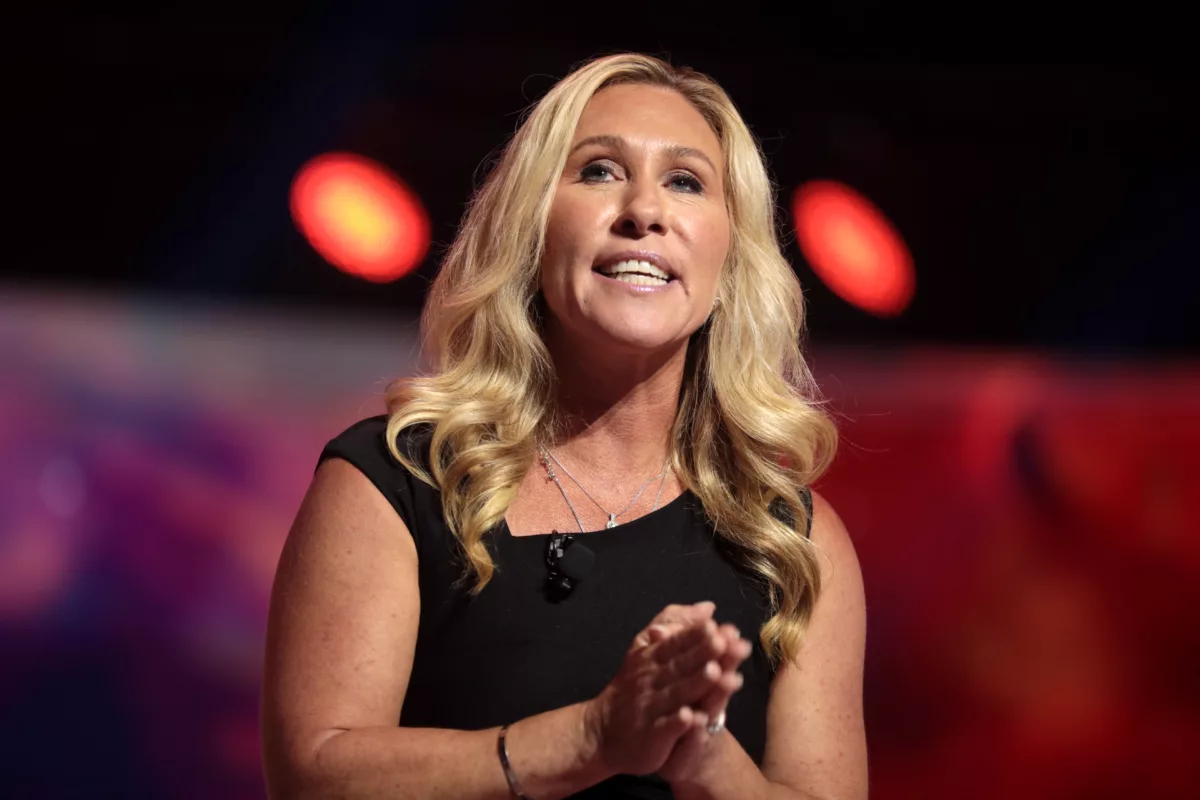
The Right’s New Solution To Mass Shootings: Ban Trans People, Not Guns
The blame game against trans people is just one of the many diversionary tactics the right has used in our intractable gun violence debate.
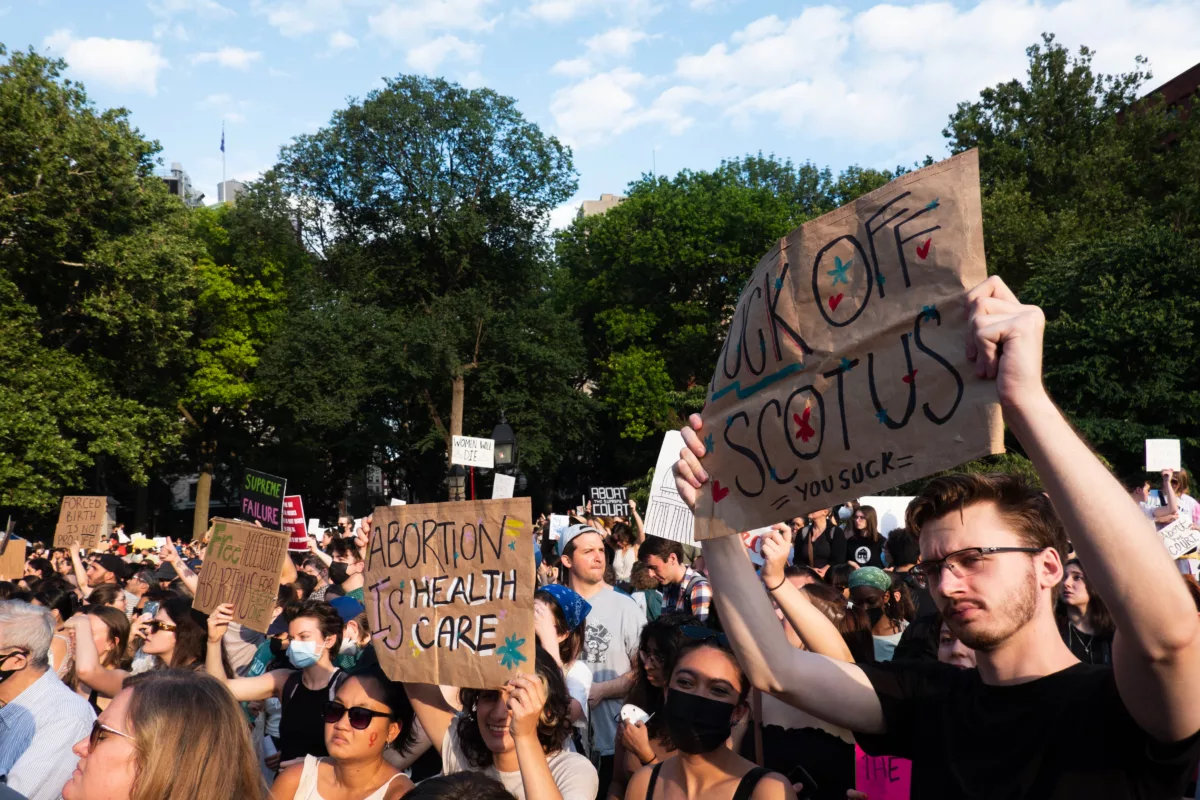
Cops and Republicans Are Criminalizing Pregnant People Without Roe
Lawmakers in seven states proposed bills to make abortion murder punishable by death. Cops arrested three women for their pregnancy outcomes.
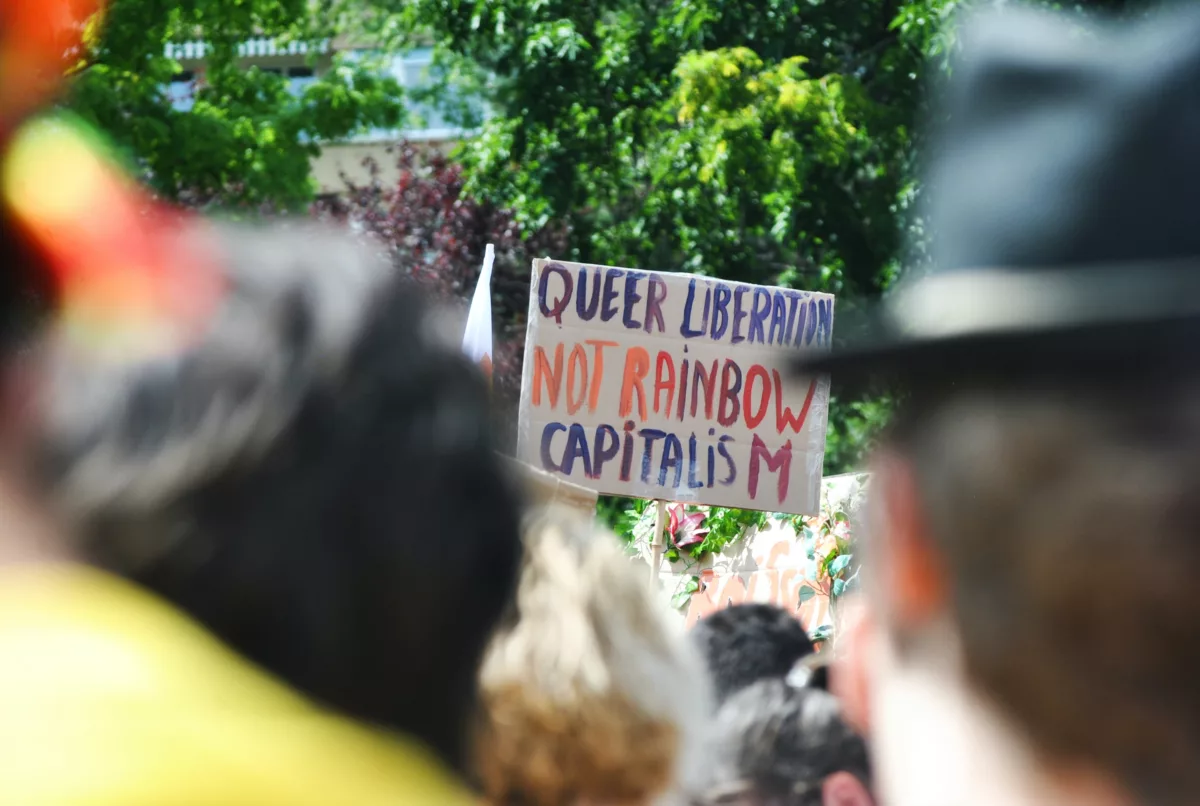
The First Pride Was a Riot. Maybe It’s Time to Return to Those Radical Roots.
As the saying goes, the first Pride was a riot. The only way queer people have won anything is by fighting—in the courts and in the streets.
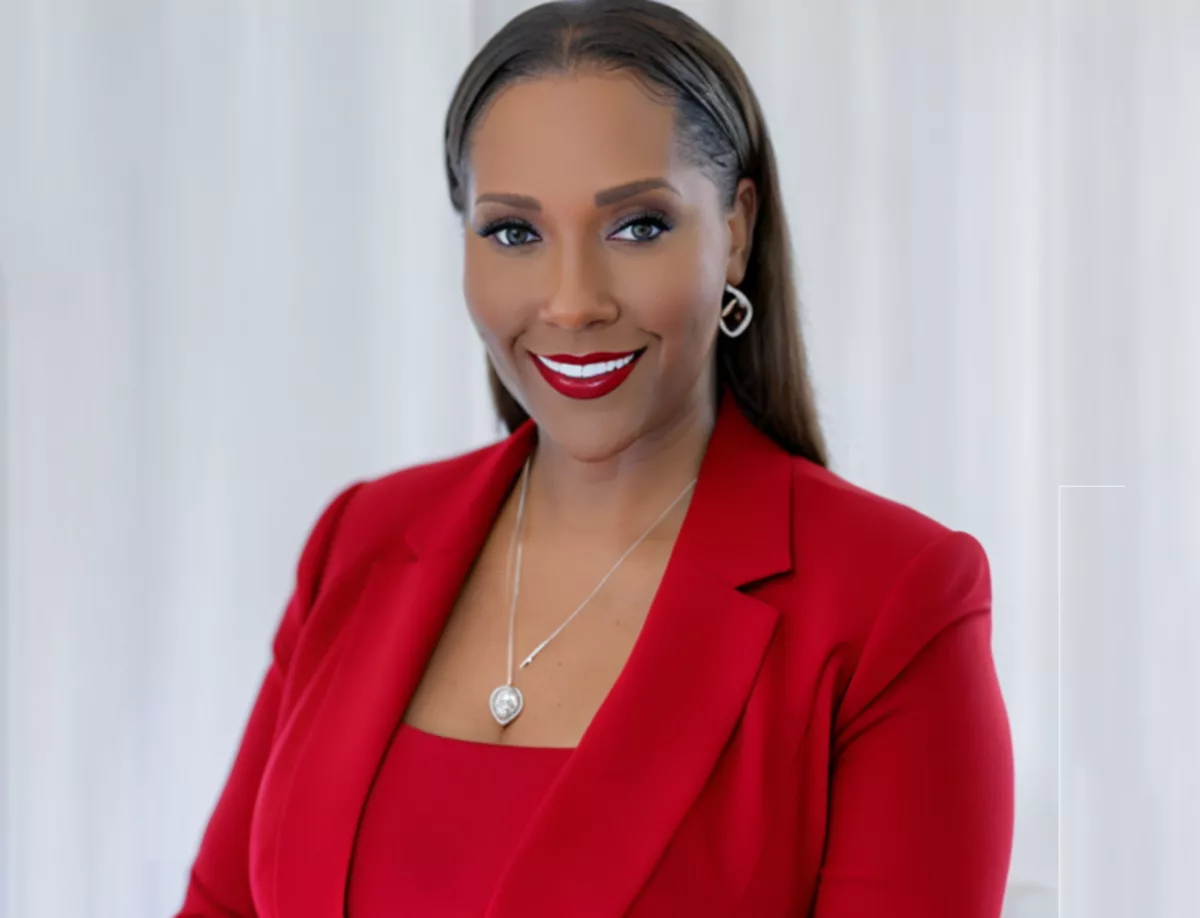
‘They Are Attempting to Criminalize Every Part of Our Identity’
A leader in the LGBTQ community weighs in on the attempts by elected officials to legislate gay and trans people out of existence.
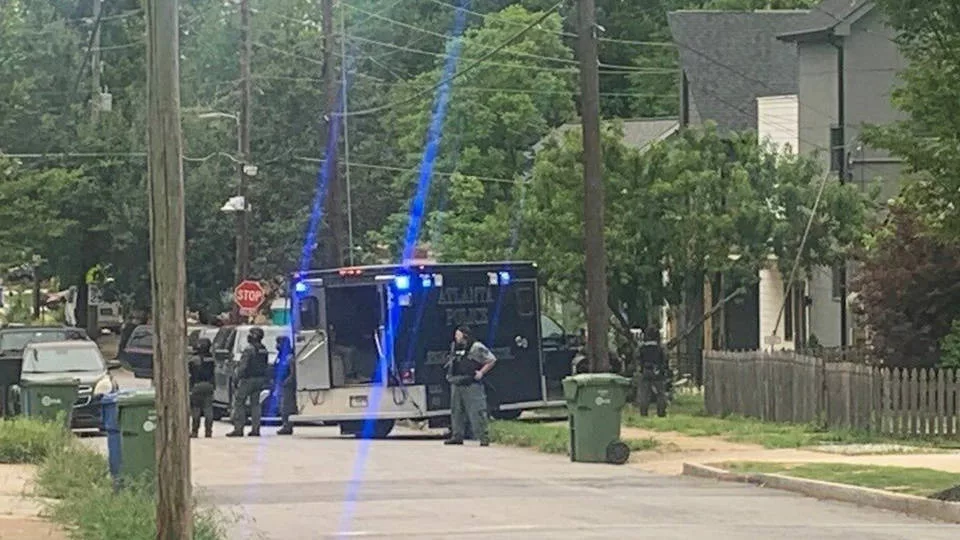
Atlanta Police Target Bail Fund Organizers in Latest Crackdown on ‘Stop Cop City’ Movement
Three organizers were charged with “money laundering” and “charity fraud” in a direct attack on mutual aid and civil rights protests.

To Cut Down on Shoplifting, Let’s Arrest Some CEOs
Online marketplaces like Amazon and eBay make billions from shoplifted products. Why are police and lawmakers focusing on small-time thieves?
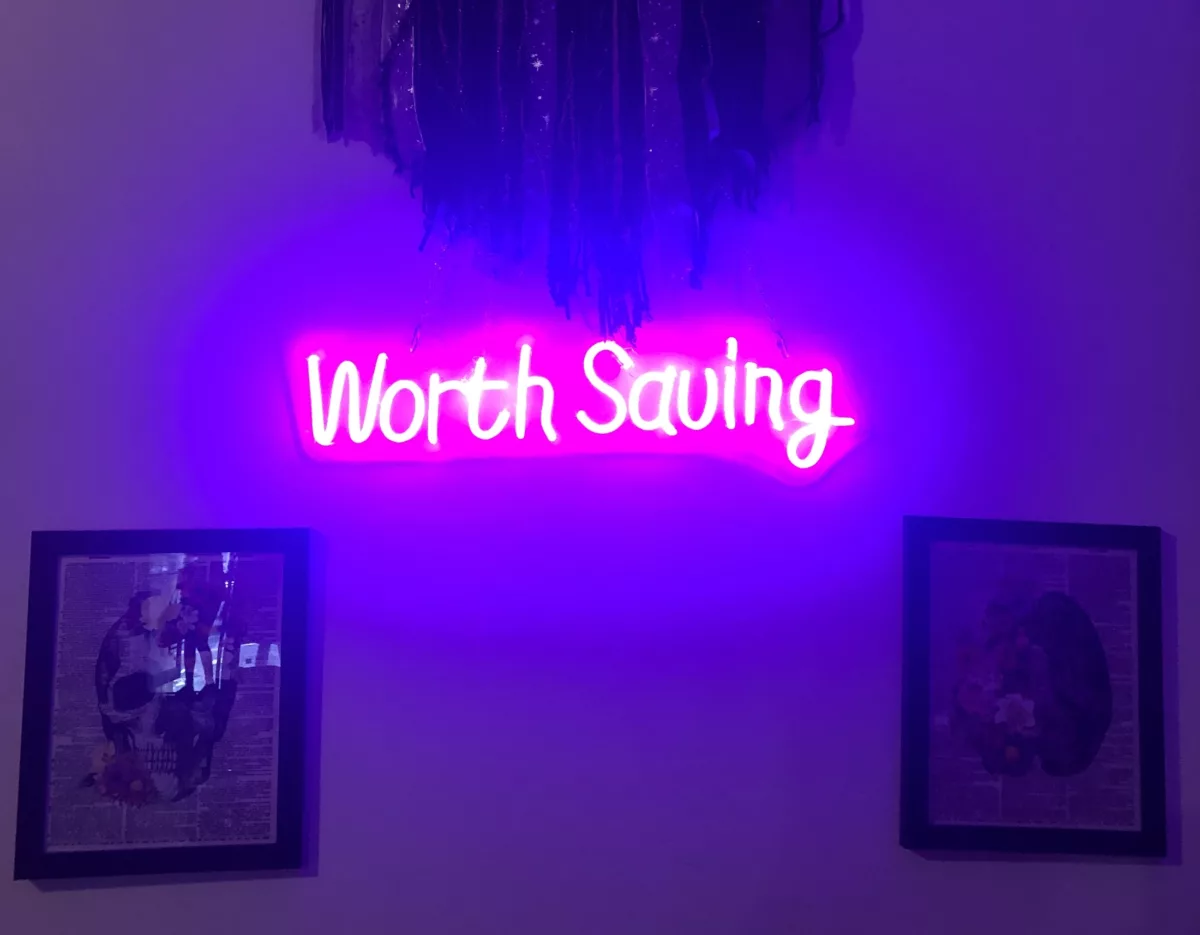
Drug War Tactics Won’t Stop Xylazine Deaths
Instead, harm reduction advocates are calling for strategy to create a safer supply of currently criminalized drugs.
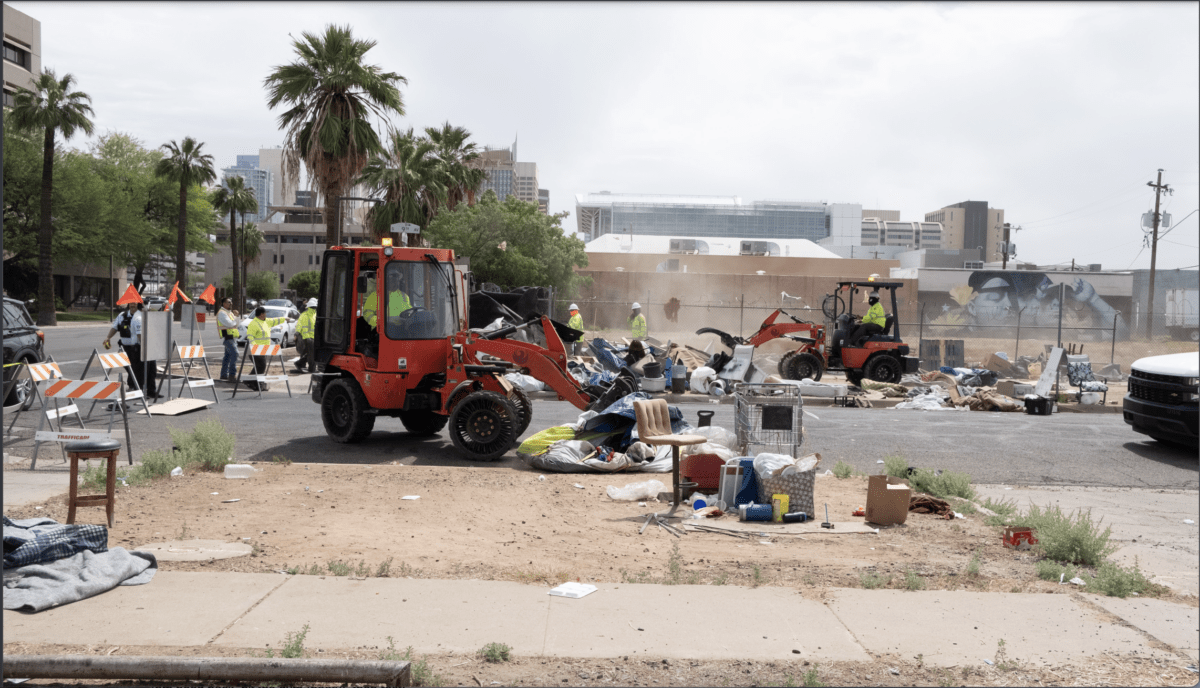
Phoenix Is Clearing Its Largest Homeless Encampment. The ACLU Says It’s Breaking the Law.
As Phoenix begins to displace around 700 people from an encampment near downtown, the ACLU of Arizona is asking a judge to find the city in contempt of a court order prohibiting it from violating the rights of the unhoused.
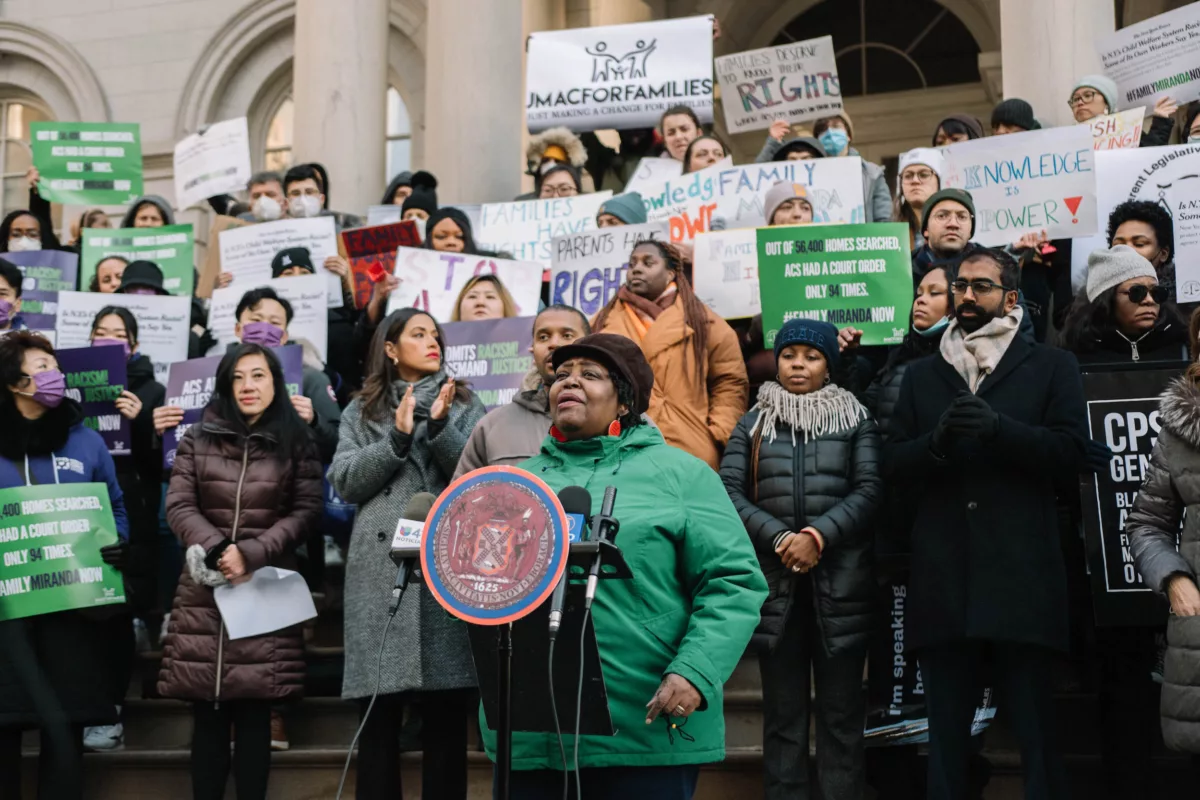
Family Caseworkers Are Like Cops, But They Don’t Tell Parents Their Rights
New York families are organizing to require caseworkers to give parents a Miranda-like warning informing them of their rights in so-called “child welfare” investigations.
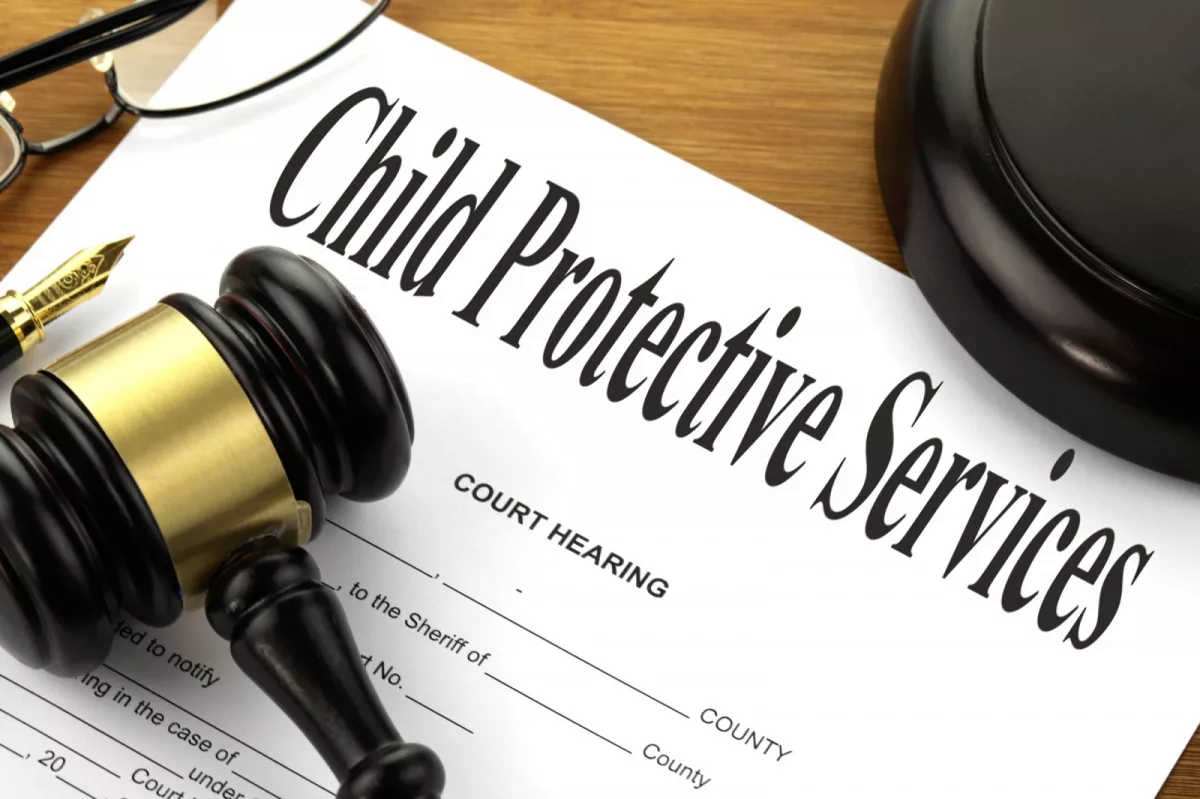
‘Never Designed to Help’: How New York’s ‘Child Welfare’ System Preys on Families
The New York City Administration for Children’s Services effectively serves as a policing system for parents, which disproportionately targets families of color and only rarely finds evidence of abuse or neglect.
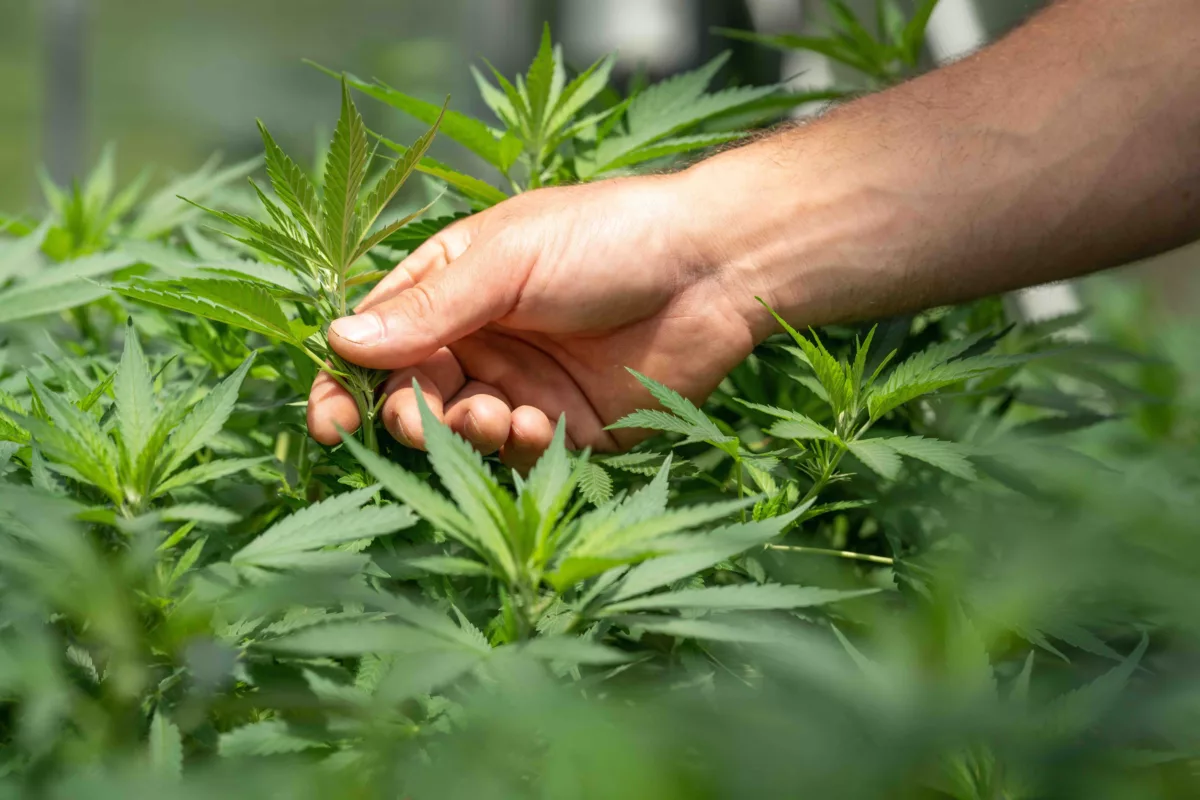
How California Cops Exploit Legal Gray Areas to Continue Their War on Cannabis
Years after legalization, the state’s growers say police are taking a “seize first, ask questions later” mentality toward marijuana enforcement, sometimes with heavily militarized operations that allegedly violate their rights.

Background Check Industry Profits Off ‘Digital Punishment,’ Despite Flawed Data
Criminal background checks have become nearly ubiquitous in many settings. But experts warn that reports can be deeply inaccurate, with some records databases containing “phantom crimes” that appear nowhere else in public record.
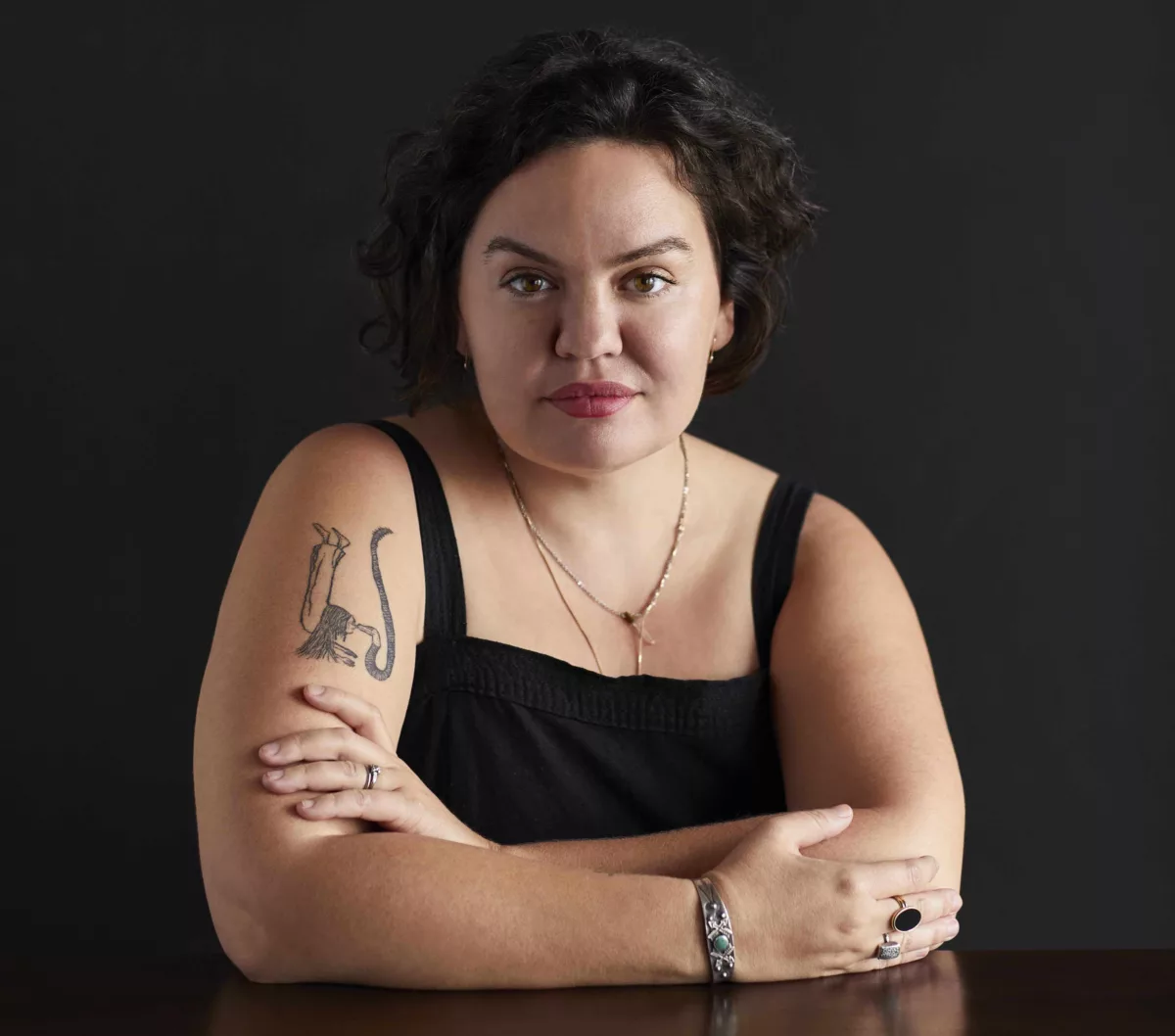
Book Explores How Child Protective Services’ Failures Led to Murder-Suicide
Long before the murder-suicide, there had been numerous reports to CPS about suspected abuse in the Hart household.
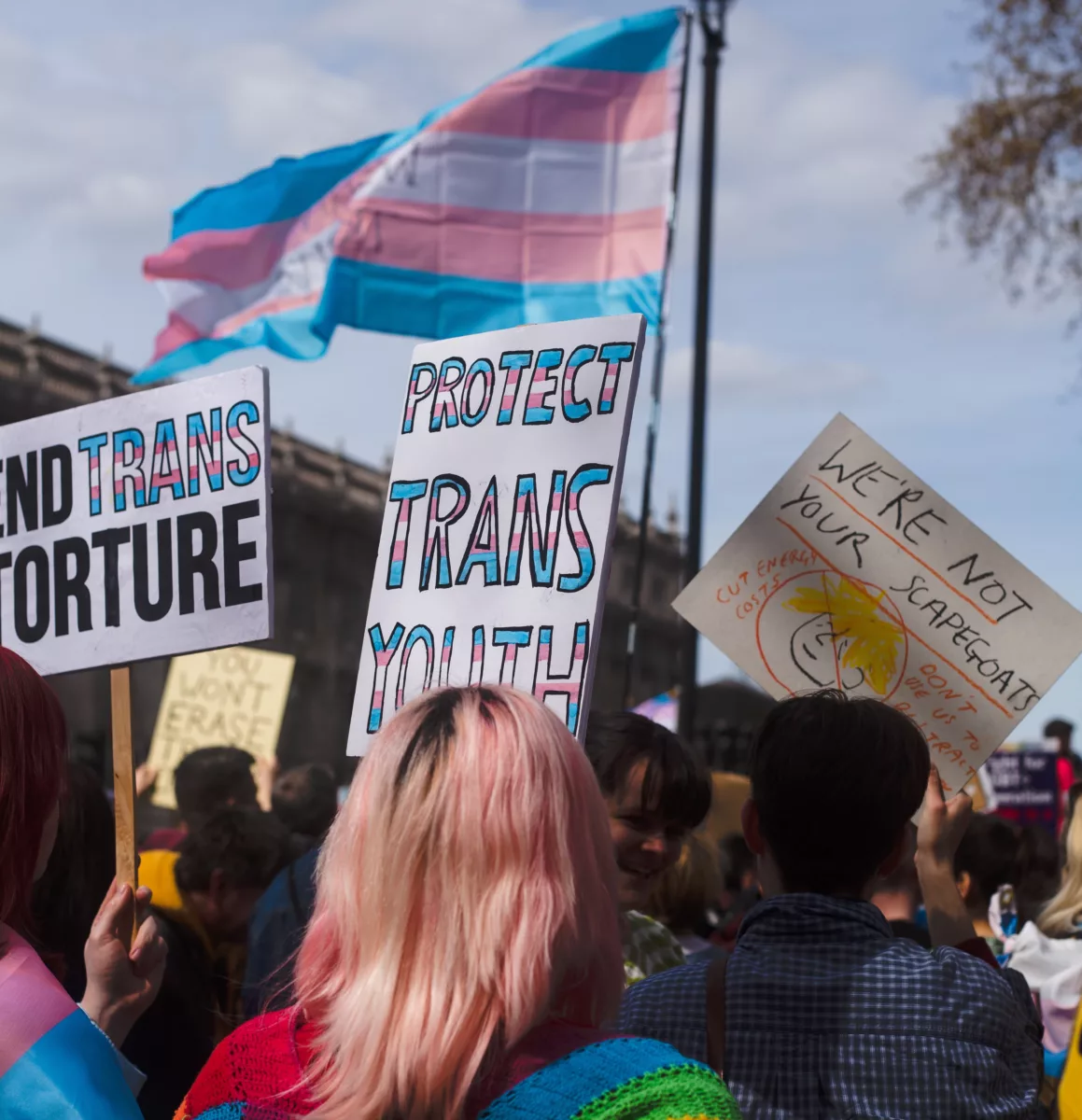
Anti-Trans Bills Flood States in ‘Centrally Coordinated’ Attack on Transgender Existence
Advocates have expressed shock at a rapid escalation in the severity of anti-trans legislation, which is increasingly seeking to restrict medical care and public expression, including with threats of criminal punishment.

Injustice, Inc.: How America’s Justice System Commodifies Children and the Poor
Countless forms of detention and foster care facilities are profiting from warehousing the humans treated as remnants.
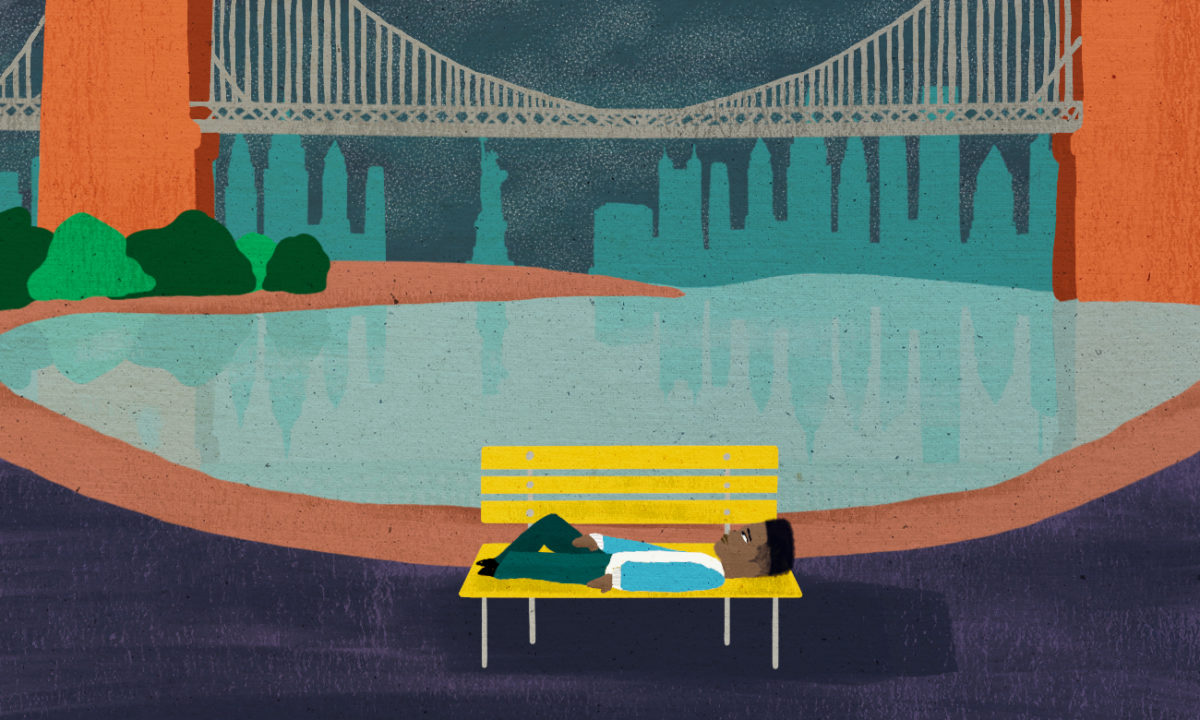
A Lonely Child Finds His Way Out of Abuse and Homelessness, It Lands Him Behind Bars
First in a three-part series on a teenager with a tumultuous childhood sent to die in prison, and where his life would lead. The following narrative was compiled from interviews and court records.

California Politicians are Disguising Homeless Sweeps as “Care”
Newsom’s measure—called “CARE Court”—paves the way for family members, state officials, and first responders to force more unhoused people into court-ordered treatment programs for a period of up to two years.
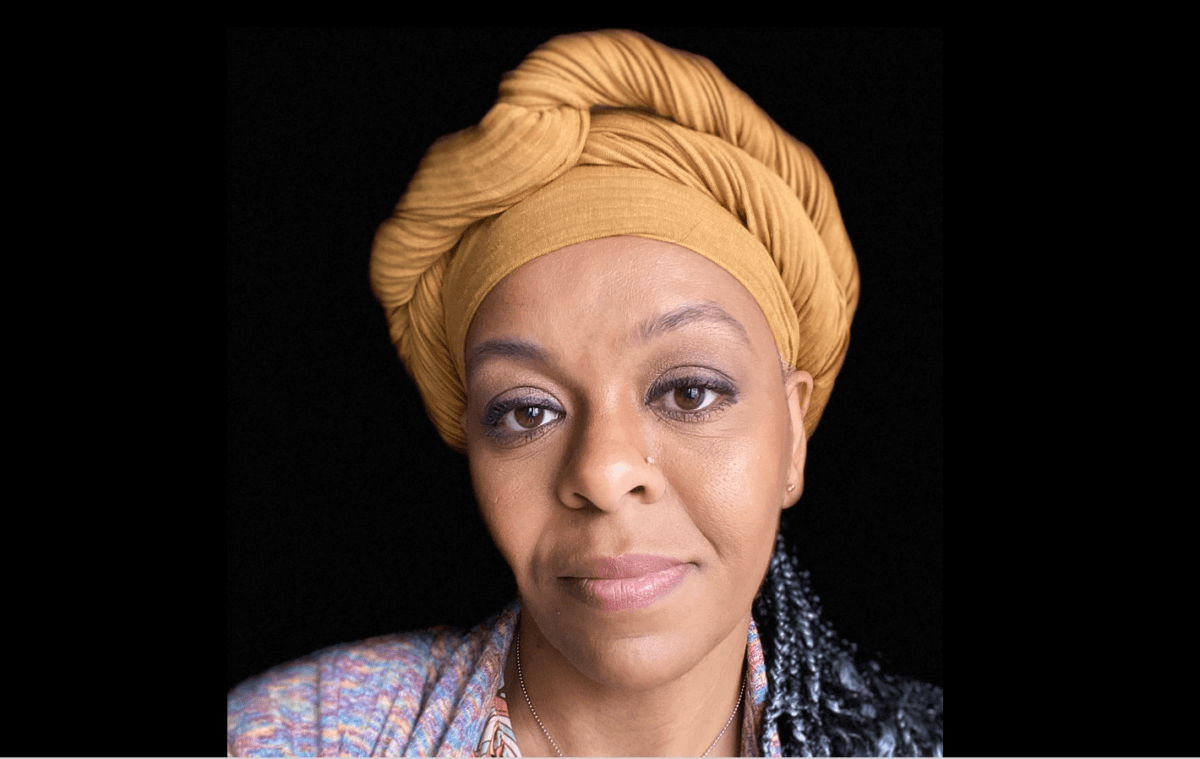
What Tracy McCarter’s Case Reveals About the Fight to Decriminalize Survival
Prosecutors recently dropped murder charges against McCarter, a domestic violence survivor who killed her estranged husband in an act of self-defense. Her legal ordeal shows how much more we must do to show up for women.
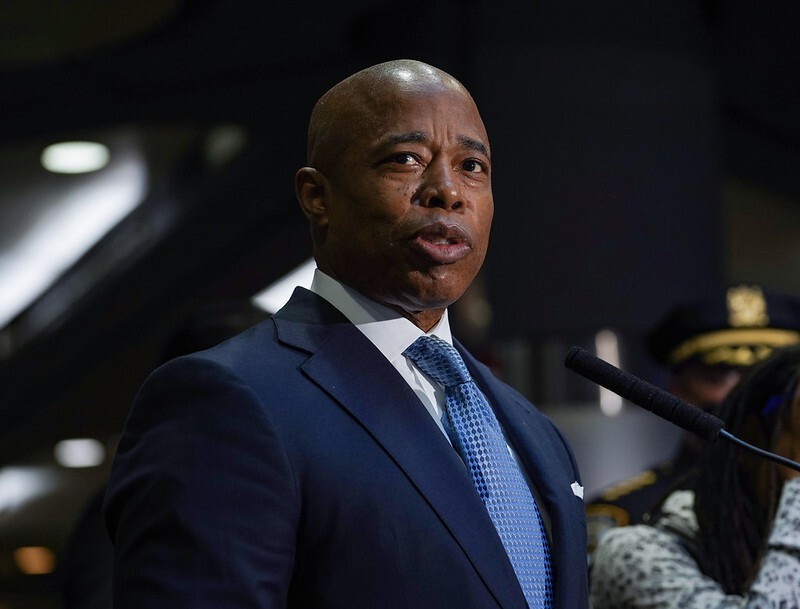
NYC Advocates Fear More Police Violence, Homeless Criminalization Amid Forced Hospitalizations
New York City Mayor Eric Adams issued a directive this week that puts police at the center of renewed efforts to remove people exhibiting signs of mental illness from public spaces.

Youth Curfews Feed Kids into the Criminal System. But Cities Keep Expanding Them.
Youth curfews don’t work. Over 11,500 kids were arrested in 2019 for curfew violations or loitering, per FBI data. Nearly 30% were Black.

Almost All Abortions Are Now Banned in Arizona
A judge allowed a Civil War-era law to go back into effect today. The law requires two to five years in prison for people who provide abortions, except to save the life of the pregnant person.
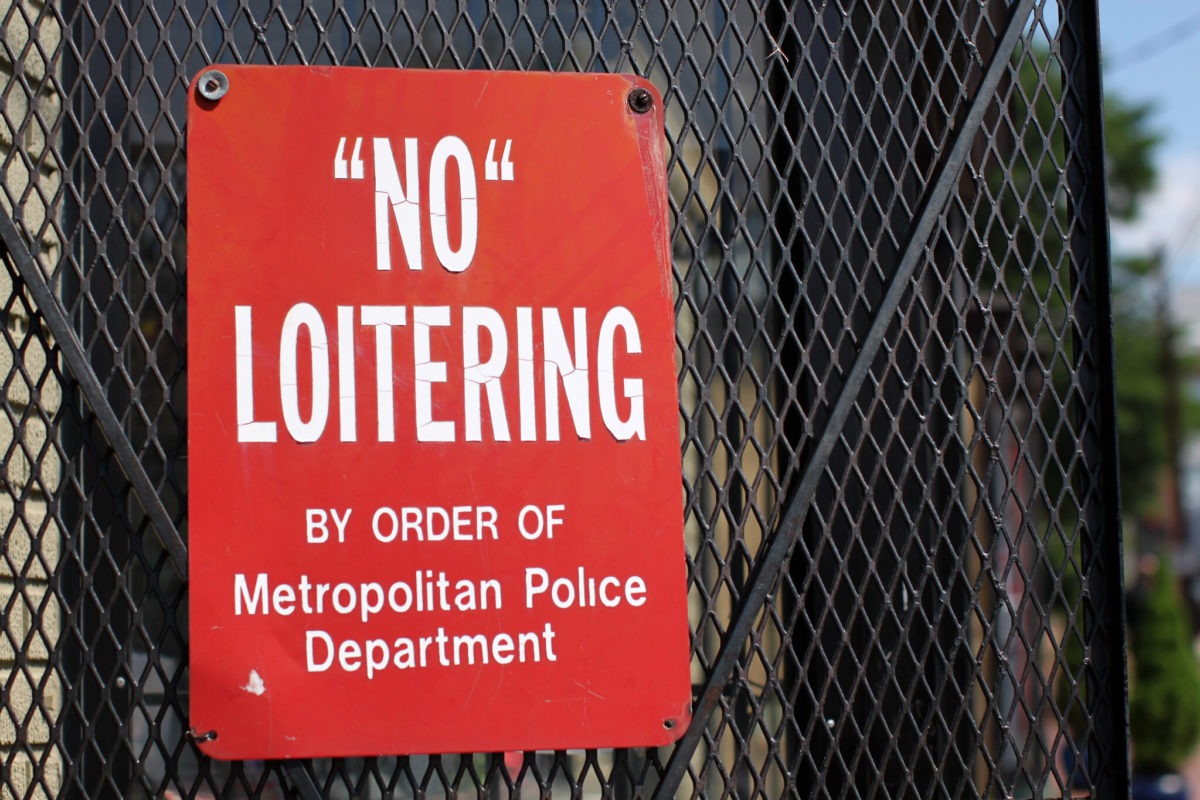
How American Public Spaces Became so Criminalized—and How We Can Win Them Back
On September 23, 2020, a Black man died for the alleged crime of crossing the street the wrong way. His death was due in large part to America’s long history of criminalizing public spaces and our existence in them.
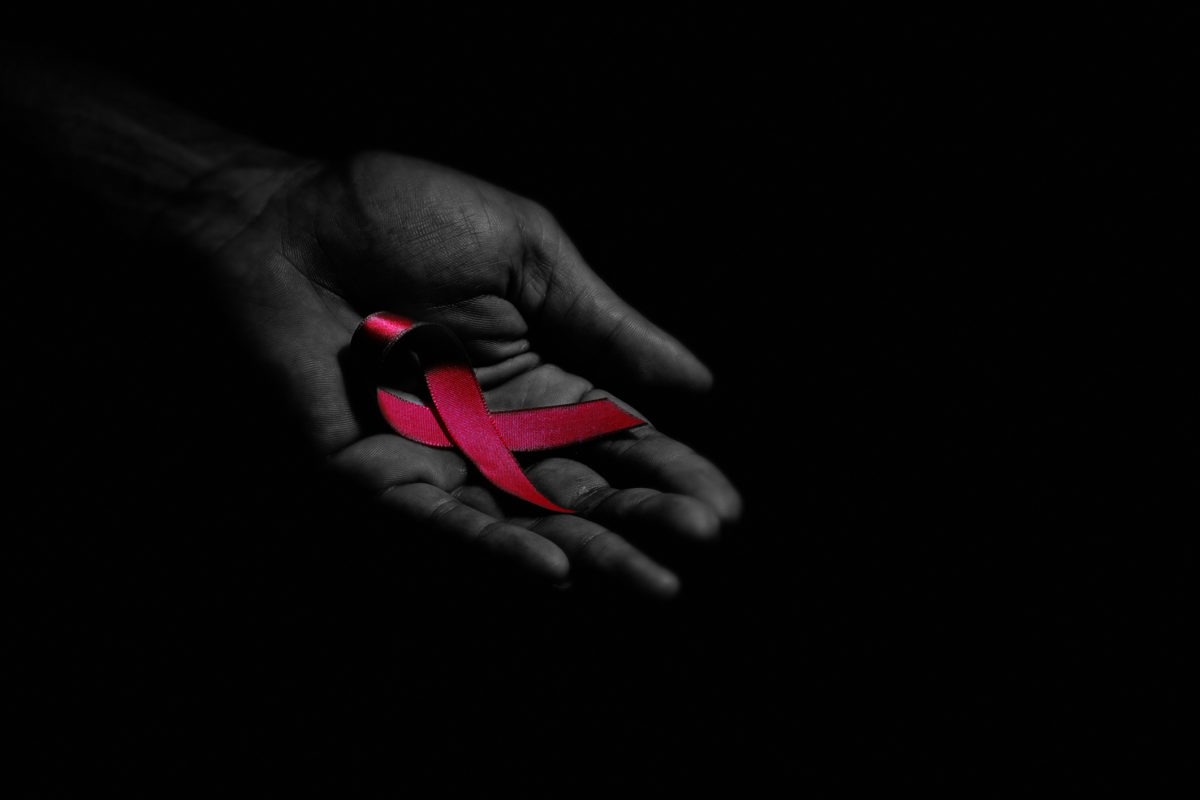
Pressure Mounts Against HIV Criminalization as Prosecutions Continue
Roughly 30 states still have some form of HIV criminalization law or sentencing enhancement on the books. Advocates say it’s long past time for change.
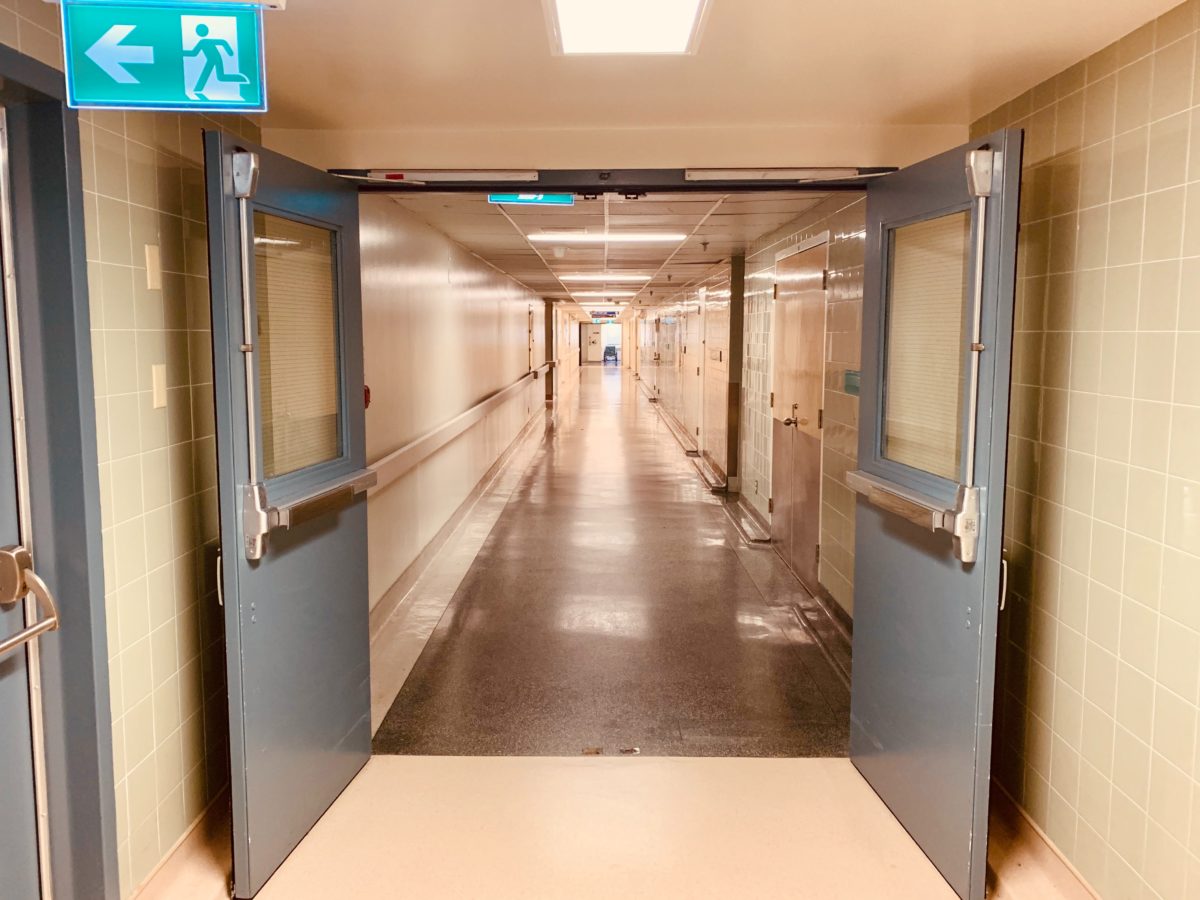
Amid Fears of Crime and Mental Illness, States Move to Expand Forced Treatment
Advocates of assisted outpatient treatment say it could reduce homelessness and mass shootings. Critics call it incarceration by another name.

How to Get an Abortion by Mail in Your State
States will have a hard time stopping medication abortion. Abortion pills are safer than Tylenol and have been approved by the FDA since 2000.
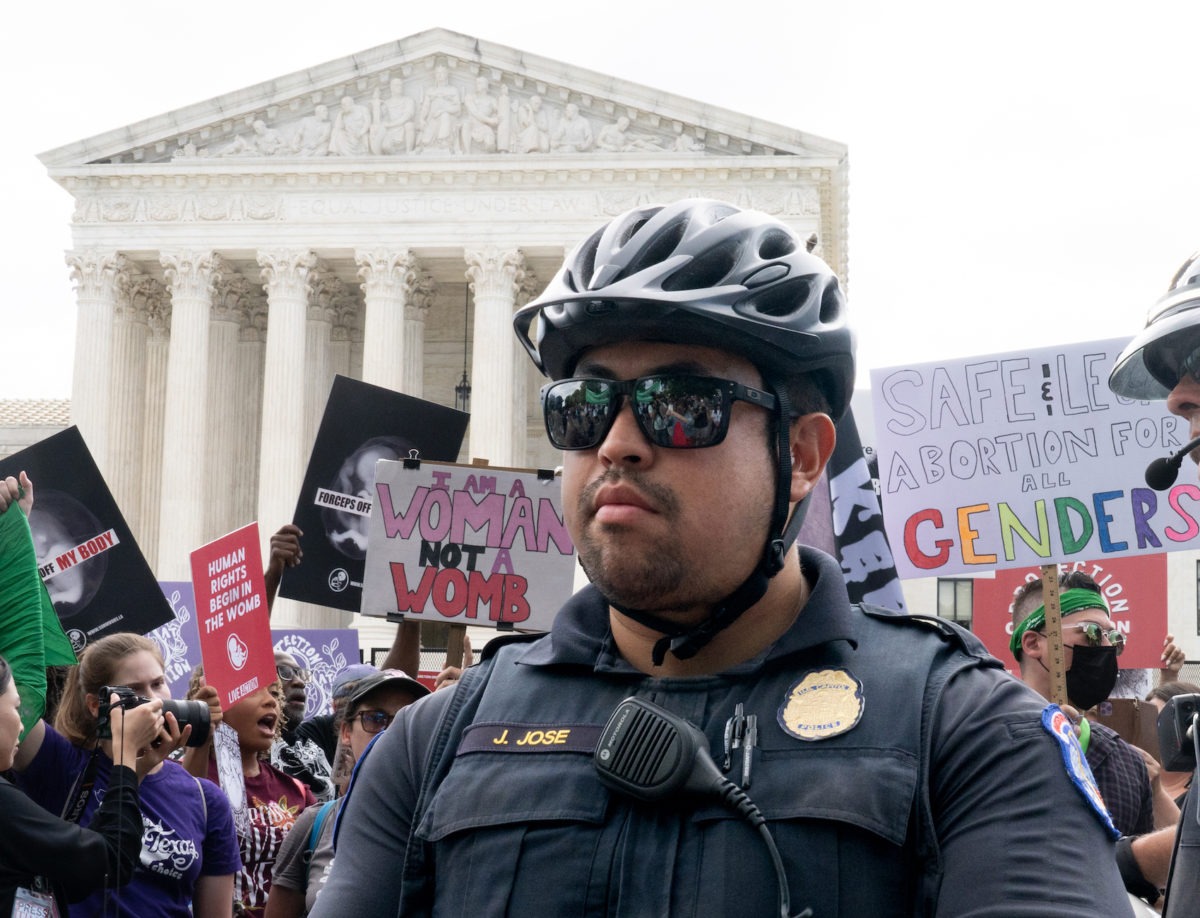
Arizona Judge Blocks Law That Treats Fetuses as People
The law granted embryos and fetuses the same rights as a person. Civil rights groups sought an injunction out of concern the law could criminalize people who provide or obtain abortions.
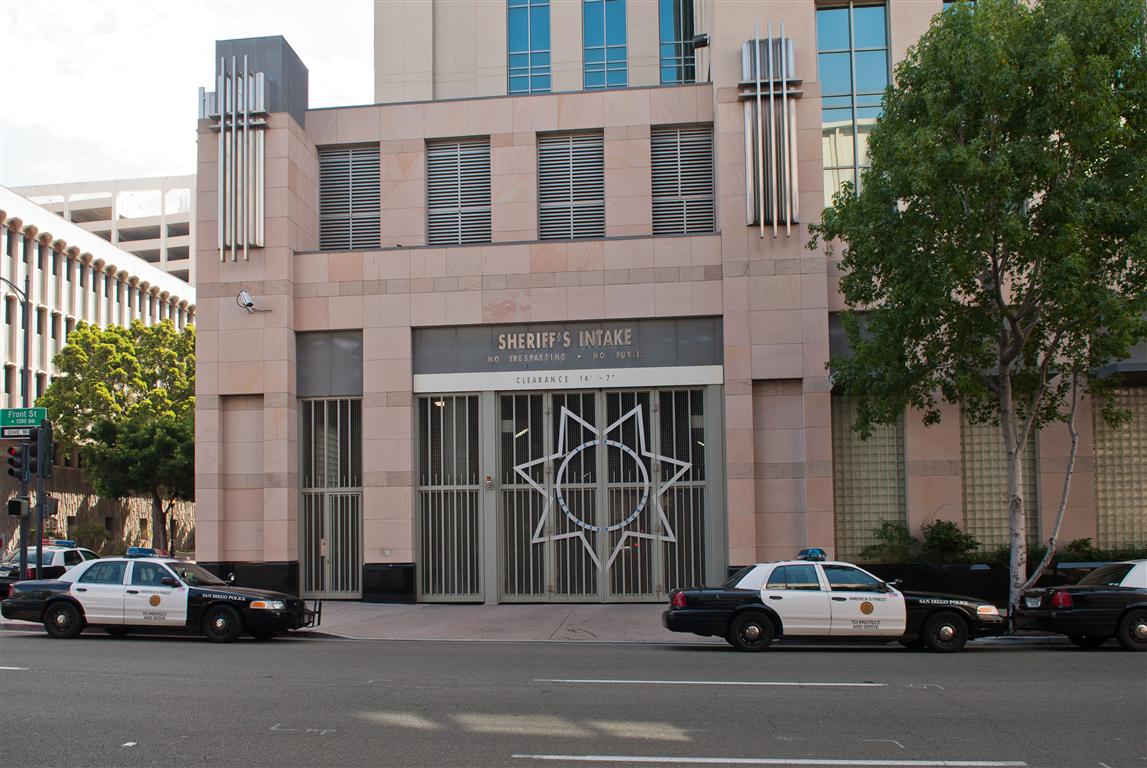
28 Years, 160 Arrests: What One Man’s Record Reveals About San Diego’s Broken Justice System
What do you do with people who are repeatedly failed by social services and the legal system?
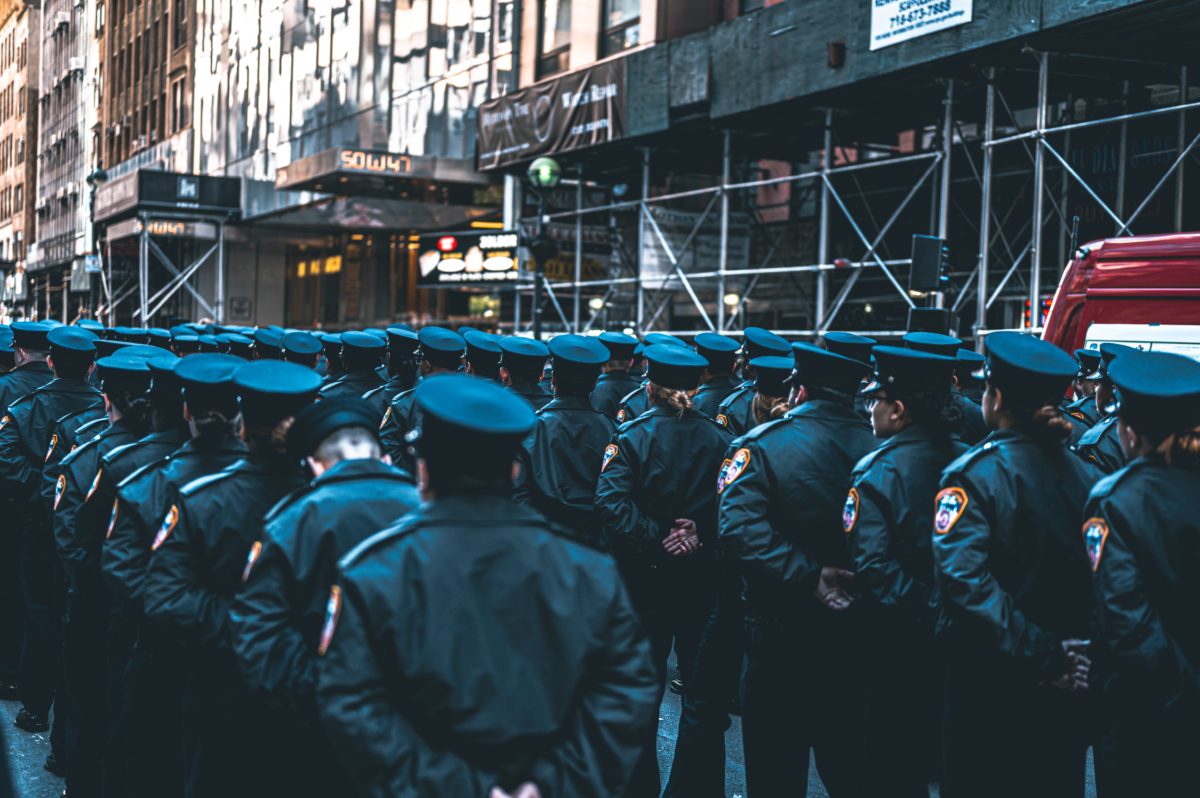
Justice Department Launches Investigation Into NYPD’s Troubled Special Victims Division
The probe will assess whether the SVD engages in a “pattern or practice of gender-biased policing,” according to the DOJ.
